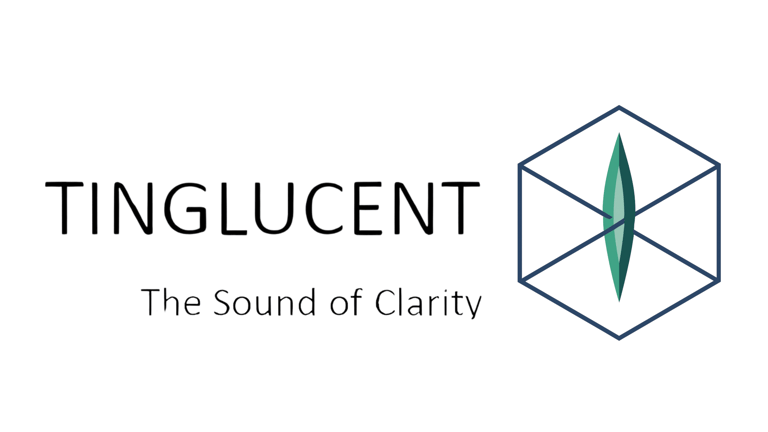Online Mediation:
- Opportunities and Challenges -
8/4/20252 min read


Online Mediation: Opportunities and Challenges
The growth of online mediation has opened up new ways for parties to resolve disputes, offering flexibility and accessibility that traditional face-to-face mediation sometimes cannot provide. However, while the advantages are significant, the challenges that come with technology and differing engagement expectations cannot be overlooked.
One of the key benefits of online mediation is its convenience. Parties no longer need to travel, which reduces both time and cost. This makes mediation accessible to people who live in remote locations or who may otherwise struggle to attend an in-person session. Being in a familiar environment can also help participants feel more at ease, which can make difficult conversations a little easier to manage. In addition, scheduling can be more flexible, as parties only need to commit to a time rather than also factoring in travel or venue arrangements.
Despite these advantages, online mediation brings with it a unique set of challenges. Technology itself is often the first hurdle. Poor internet connections, outdated devices, or environmental distractions can disrupt the flow of dialogue. In one case, a party had to stand in the top of a paddock to find mobile reception. When his phone overheated, all communication stopped for 45 minutes, breaking the momentum of the discussion and creating additional frustration.
Another example highlights how differing expectations around engagement can also become disruptive. In one mediation, two participants joined while physically moving—one walking through their neighborhood and another on a treadmill. While the audio quality was acceptable, the constant movement of the camera made the visual aspect distracting and less conducive to the respectful, focused environment that mediation requires.
These issues demonstrate that while technology enables greater access, it also introduces vulnerabilities. The absence of consistent eye contact, the difficulty of reading body language, and the potential for technical interruptions can all reduce the quality of communication. Mediation depends heavily on creating a sense of trust, safety, and attentiveness, and these elements can be undermined when technology or casual engagement habits get in the way.
In reflecting on these experiences, it becomes clear that online mediation works best when participants approach it with the same seriousness and preparation as they would in person. This includes using stable technology, choosing a quiet and private environment, and engaging fully in the process.
Ultimately, online mediation is neither better nor worse than face-to-face mediation—it is simply different. It offers real benefits in terms of accessibility and convenience, but it also requires clear guidelines and shared expectations to prevent disruption. When well-managed, online mediation can be an effective tool for resolving conflict; when poorly managed, it risks losing the focus and trust that mediation depends on.
Contact
Reach out for mediation services and support.
Privacy
Trust
master@strategic-resolution.com
+61438001938
© 2025. All rights reserved.
